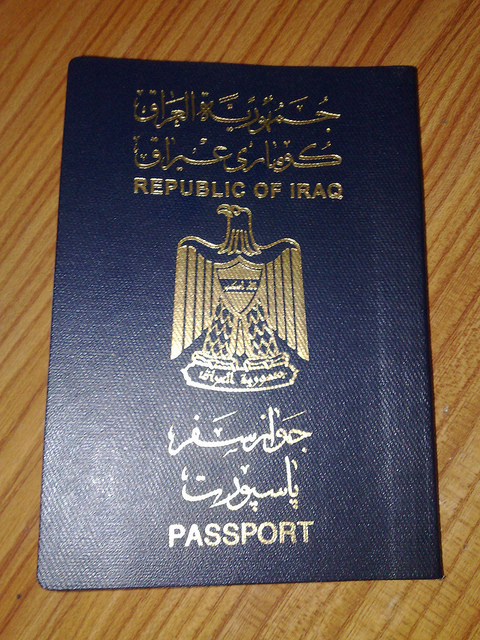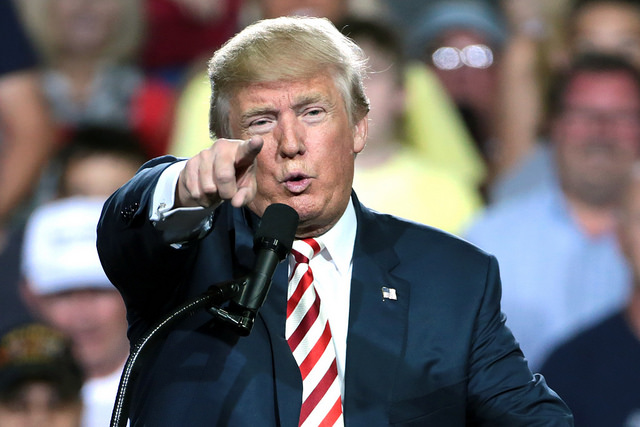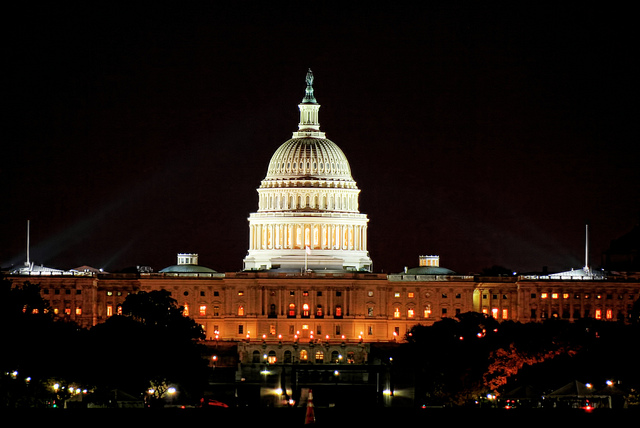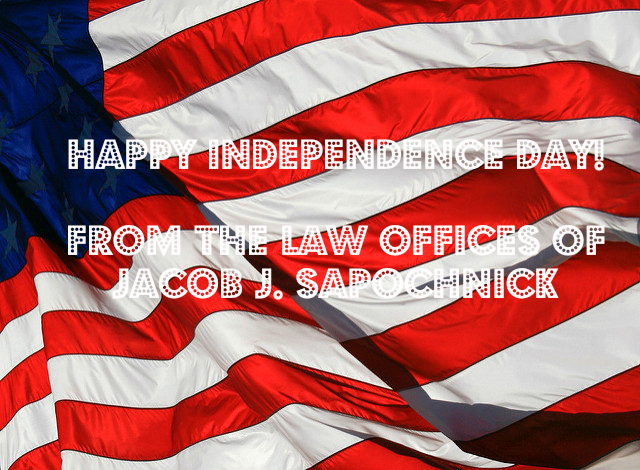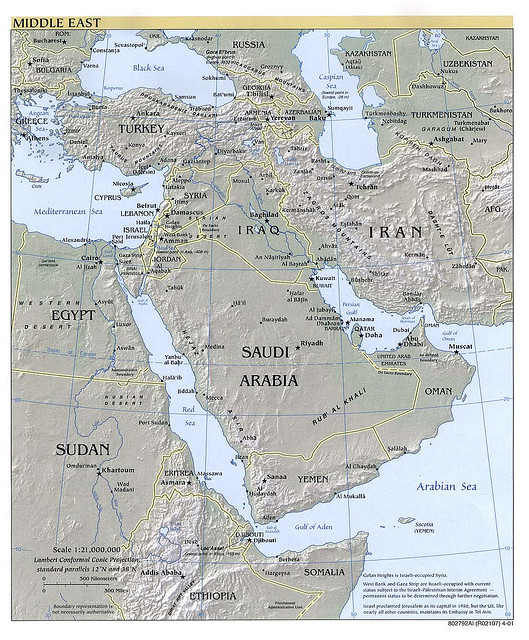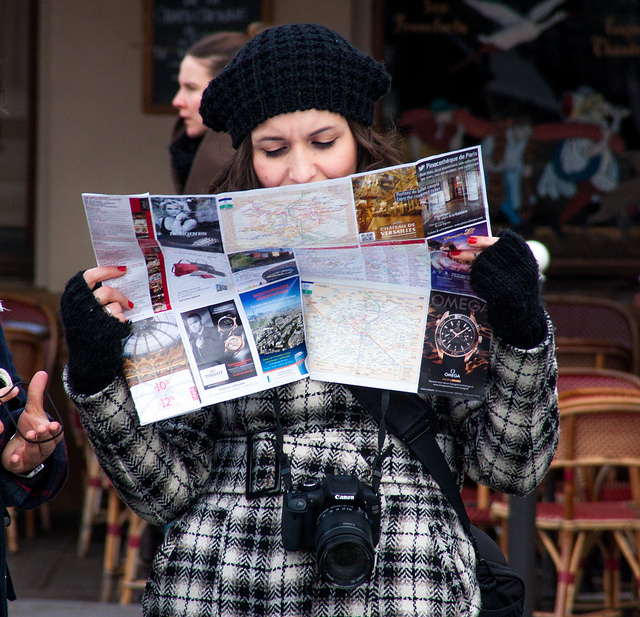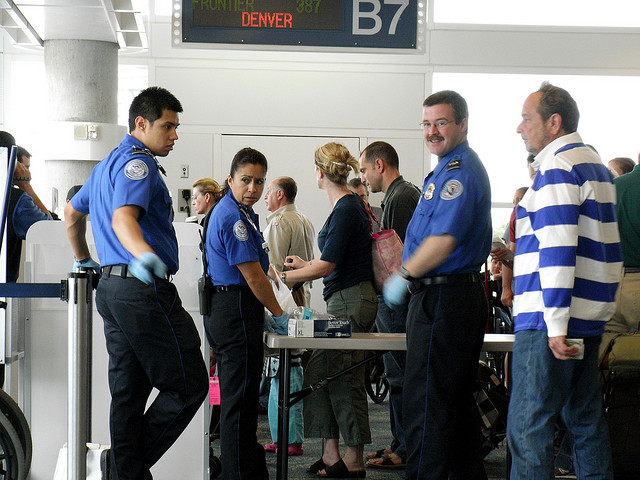In this post, we bring you the top three mistakes to avoid when applying for a B-1/B-2 non-immigrant visa at a United States consulate or embassy abroad. All too often clients contact our office feeling distraught after receiving a B-1/B-2 visa denial from a consular official. The good news is that a B visa denial can be easily avoided by understanding the common mistakes that people make when pursuing the B nonimmigrant visa.
First, it is important to understand who is eligible to apply for a B non-immigrant visa.
B-1 versus B-2
The B-1 temporary business visitor visa is reserved for individuals who seek to travel to the United States for a temporary period to participate in a business activity of a commercial or professional nature. Examples of individuals who qualify for this type of visa include: individuals consulting with business associates, individuals negotiating contracts, settling an estate, participating in short term training, entrepreneurs who wish to travel to the United States to research the market for a potential business venture, individuals traveling for a scientific, educational, professional, or business convention, or conference, etc.
Individuals who typically apply for this type of visa are entrepreneurs and investors who wish to apply for an E-2 visa in the future and who need to visit the United States to research the market or other business activities relating to researching the viability of the business venture.
B-1 temporary business visitors may be eligible to remain in the United States anywhere from 1-6 months—with 6 months being the maximum. Ultimately, it will be up to the consular/embassy official to determine the length of your period of stay. Typically, applicants are granted an initial period of stay of 6 months. B-1 visa holders may extend their stay for an additional 6 months if it is necessary for them to remain in the United States for an extended period to complete their temporary business activity.
Similarly, the B-2 temporary visitor visa is reserved for individuals who wish to enter the United States temporarily for tourism, pleasure, or visitation. Examples of individuals who qualify for this type of visa include tourists, individuals who wish to visit friends, or relatives, individuals seeking medical treatment, amateur artists, musicians, or athletes who wish to participate in events or contests that do not provide compensation, and individuals who wish to enroll in a short recreational course of study that does not count for credit toward a degree. The length of stay granted to a B-2 temporary visitor is the same as that of a B-1 temporary business visitor.
Who may not apply for a B visa?
Individuals who wish to immigrate to the United States and remain in the United States permanently, or individuals who wish to study, seek employment, etc. may not apply for a B non-immigrant visa.
 Visa Lawyer Blog
Visa Lawyer Blog



